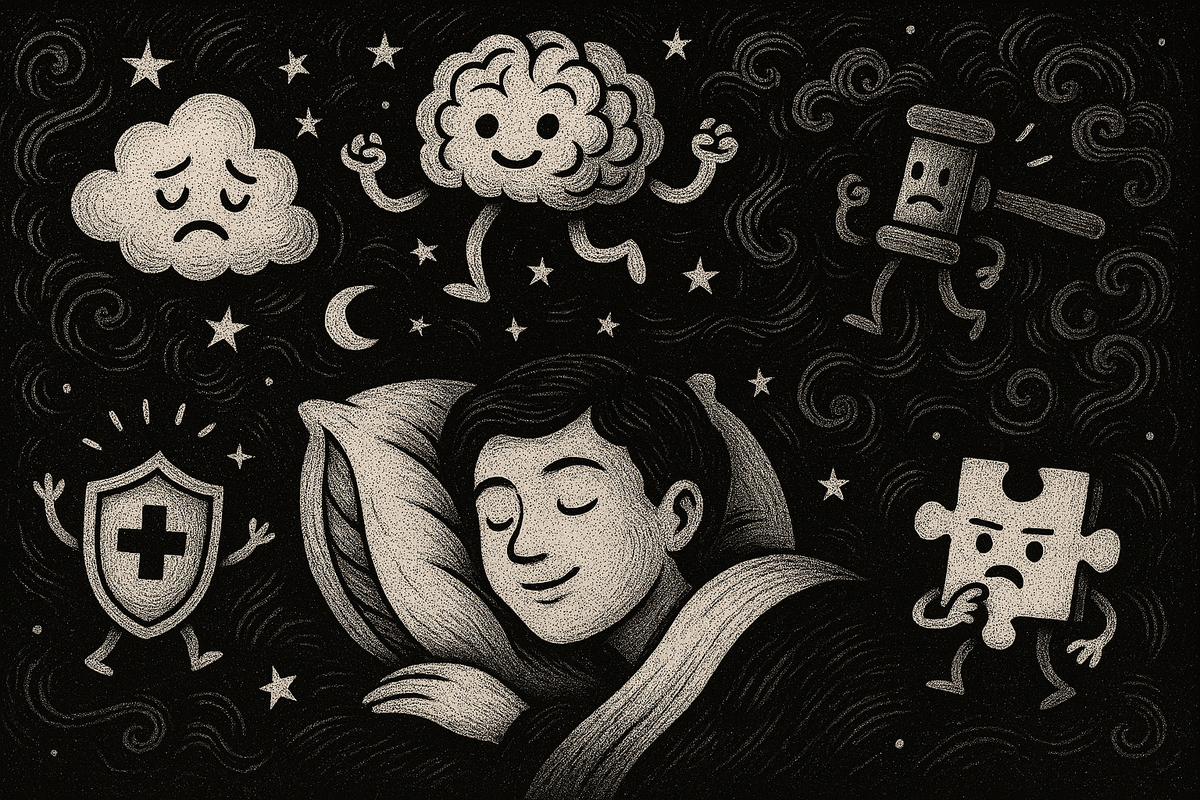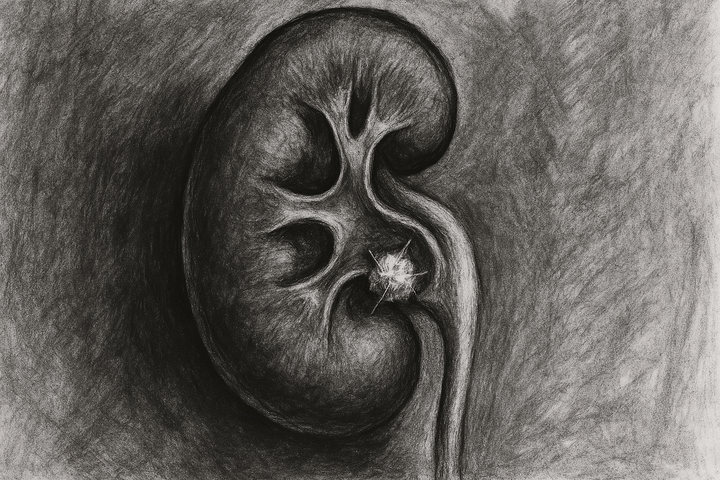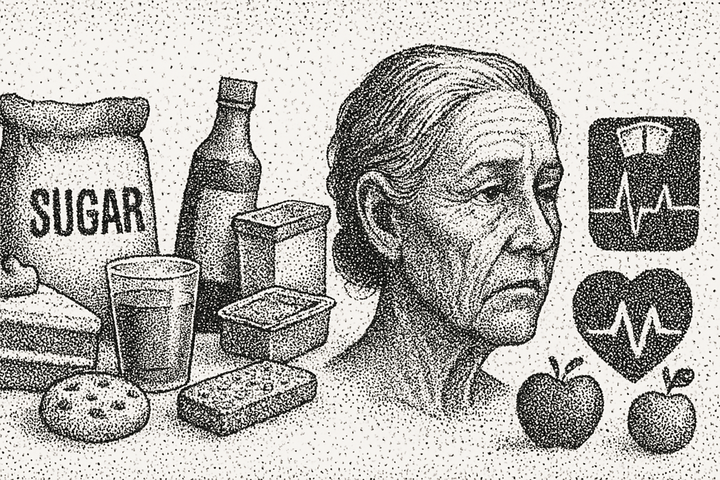Why Sleep Matters: Enhancing Health, Longevity, and Exploring Alternative Sleep Schedules

The Critical Role of Sleep in Body Function
Sleep is an essential physiological process, impacting nearly every system in the body. It is vital for maintaining good health and well-being throughout life, with significant effects on cognitive, physical, and emotional functions. Research from the National Heart, Lung, and Blood Institute (National Heart, Lung, and Blood Institute) highlights that sleep supports healthy brain function and physical health, particularly in children and teens, where it also aids growth and development. Inadequate sleep over time can increase the risk of chronic health problems, affecting how we think, react, work, learn, and interact socially.
Specific body functions affected by sleep include:
- Memory and Learning: Sleep, especially REM sleep, is crucial for memory consolidation. Studies show that "sleeping on" a complex problem improves problem-solving abilities, with research indicating that napping within an hour of learning helps children retain information for a week (Sleep Foundation).
- Emotional Regulation: Sleep helps regulate emotions and manage stress effects, with disruptions linked to increased anxiety and mood disorders. This is supported by findings that sleep deprivation can exacerbate symptoms of depression (Johns Hopkins Medicine).
- Judgment and Decision Making: Sleep influences executive functions, with research suggesting that sound judgment and decision-making are impaired with insufficient sleep, affecting the ability to recognize danger (Sleep Foundation).
- Problem Solving: Evidence shows that sleep enhances problem-solving, with studies like Sio et al. (2013) ([http://link.springer.com/10.3758/s13421-012-0256-7]) demonstrating improved outcomes after sleep.
- Energy Conservation: Sleep allows energy conservation through reduced activity, a fundamental aspect of its restorative nature, as noted in various studies (Sleep Foundation).
- Growth and Healing: During deep sleep (N3 stage, accounting for 10-20% of the night), growth hormone is secreted, essential for tissue repair and muscle growth. This is critical for recovery, as highlighted by research (Johns Hopkins Medicine).
- Immunity: Sleep supports immune function, with studies showing that insufficient sleep compromises immunity, increasing illness and infection risk (Sleep Foundation).
These functions underscore sleep's role in maintaining daily health, with chronic sleep deprivation linked to increased risks of obesity, diabetes, heart disease, and hypertension, as noted in multiple studies (Healthline).
Sleep's Impact on Longevity
The relationship between sleep and longevity is well-documented, with research suggesting that quality sleep is a key factor in extending life expectancy. The Mayo Clinic Press (Mayo Clinic Press) reports that men who get adequate sleep live about five years longer, and women about two years longer, compared to those with poor sleep habits. This is supported by findings that about a third of adults cut sleep short, raising their risk of heart attack, dementia, and diabetes (Sleep Foundation).
Research also indicates that sleeping less than seven hours a night can negatively affect the cardiovascular, endocrine, immune, and nervous systems, increasing mortality risk. A study from the American College of Cardiology (American College of Cardiology) found that 8% of deaths from any cause could be attributed to poor sleep patterns, emphasizing the need for optimal sleep duration. The recommended sleep duration for adults is 7-9 hours per night, as per the American Heart Association (American Heart Association), with deviations linked to increased disease risk.
Exploring Alternative Sleep Patterns
Alternative sleep patterns, diverging from the standard monophasic sleep (one continuous block at night), include biphasic and polyphasic schedules. These patterns have historical and cultural significance, with biphasic sleep common in cultures practicing siestas, such as in Mediterranean regions.
- Biphasic Sleep: This involves two sleep periods, typically a longer night sleep and a shorter afternoon nap. Research suggests potential benefits, such as improved cognitive performance and alertness, with studies showing that 10-30 minute naps can enhance brain speed in memory tasks (Health.com). A large study of Mediterranean adults found that 30-minute siestas were associated with a 21% lower likelihood of high blood pressure, though longer naps showed mixed results (Health.com). However, long and frequent naps can interfere with nighttime sleep, potentially leading to sleep deprivation (Psychology Today).
- Polyphasic Sleep: This involves multiple short naps throughout the day, totaling less than 7 hours, such as the Uberman (2 hours total, 6x20-min naps) or Everyman (4 hours total, 3 hours night + 3x20-min naps) schedules. Anecdotal reports claim increased productivity, but scientific evidence does not support these claims, with research indicating reduced efficiency and accuracy under short sleep conditions (Sleep Foundation). Chronic lack of sleep increases depression risk, especially in young women, and disrupts circadian rhythms, increasing accident risk (Sleep Foundation).
The table below summarizes the risks and benefits of these alternative patterns:
While some individuals may find alternative patterns beneficial, especially biphasic sleep for those accustomed to napping, the evidence leans toward the standard monophasic pattern for most people, ensuring 7-9 hours of continuous sleep for optimal health and longevity.
Conclusion and Recommendations
Given the critical role of sleep in body function and longevity, prioritizing quality sleep is essential. The standard recommendation of 7-9 hours of continuous sleep per night for adults, as supported by the American Heart Association (American Heart Association), should be the goal for most. Alternative sleep patterns, while intriguing, should be approached with caution, with biphasic sleep potentially suitable for some, but polyphasic sleep generally lacking scientific backing and posing health risks. If considering changes, consult a healthcare professional to monitor effects on health, ensuring alignment with individual needs and lifestyle.
This comprehensive analysis underscores the importance of sleep as a cornerstone of health, encouraging readers to prioritize rest for a longer, healthier life.
Key Citations
- How Sleep Works - Why Is Sleep Important? | NHLBI, NIH
- Why Do We Need Sleep? - Sleep Foundation
- 5 Benefits of Getting More Sleep - Healthline
- Sleep 101: Why Sleep Is So Important to Your Health | The Pursuit | University of Michigan School of Public Health
- Better sleep: Why it’s important for your health and tips to sleep soundly - UC Davis Health
- How does sleep affect health? | University of Chicago News
- Sleep Matters: The Impact Of Sleep On Health And Wellbeing | Mental Health Foundation
- The Science of Sleep: Understanding What Happens When You Sleep | Johns Hopkins Medicine
- Why is sleep important? 9 reasons for getting a good night's rest - Medical News Today
- Brain Basics: Understanding Sleep | National Institute of Neurological Disorders and Stroke
- Human longevity is associated with regular sleep patterns, maintenance of slow wave sleep, and favorable lipid profile - PMC
- The Surprising Relationship Between Sleep and Life Expectancy - Verywell Health
- The Relationship Between Sleep Duration and Longevity - InsideTracker
- Sleep regularity is a stronger predictor of mortality risk than sleep duration: A prospective cohort study | SLEEP | Oxford Academic
- Sleep and longevity: How quality sleep impacts your life span - Mayo Clinic Press
- Good Sleep Linked to Longer Life | Sleep Foundation
- Getting Good Sleep Could Add Years to Your Life - American College of Cardiology
- Sleep Health and Longevity—Considerations for Personalizing Existing Recommendations | Sleep Medicine | JAMA Network Open
- Sleep Duration and All-Cause Mortality: A Systematic Review and Meta-Analysis of Prospective Studies - PMC
- Biphasic and polyphasic sleep: What is it and is it good for you? - Medical News Today
- The Different Types of Sleep Cycles | Sleep Matters Club - Dreams
- Polyphasic Sleep: Potential Benefits, Risks, If You Should Try It - Healthline
- Polyphasic Sleep: Benefits and Risks - Sleep Foundation
- Biphasic Sleep: Schedule, Cycle, and Long-Term Effects - Healthline
- Alternative Sleep Patterns and the Sleep Cycle - Integrative Pro
- Polyphasic sleep - Wikipedia
- Biphasic Sleep: What It Is And How It Works - Sleep Foundation
- Alternative Sleep Cycles: You Don't Really Need 6-8 Hours! | HighExistence
- Biphasic Sleep: Benefits, Downsides, How To Do It - Health.com
- What Is Biphasic Sleep and How Might It Benefit You? | Sleepopolis
- Biphasic (Second) Sleep: As Healthy as Average Sleep? - Verywell Health
- Biphasic Sleep: History and Benefits - Sleep Doctor
- The Science Behind Hacking Your Sleep Schedule | Psychology Today
- Find Yourself Waking Up in the Middle of the Night? Biphasic Sleep Might Be for You - Good Housekeeping
- What is Biphasic Sleep? - Dawn Health
- The Power of Sleep and Its Impact on Our Longevity | SleepScore
- Sleep and Health | Sleep Medicine - Harvard Medical School
- Sleep and Health | Need Sleep - Harvard Medical School
- How Sleep Affects Your Health Infographic | American Heart Association




Comments ()